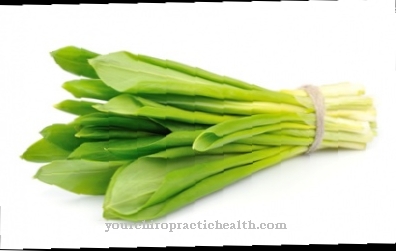The purely plant-based diet is making great strides towards the middle of society. More and more people are taking part in the annual “Veganuary” and are switching to a plant-based diet, sometimes or even forever. What this means for their health is a matter of controversy. It's difficult to keep track of things in this mess. A professional outlook helps.
What are the characteristics of a vegan diet?

Those who follow a vegan diet do not consume any food of animal origin. This not only excludes meat, dairy products and eggs from the menu, but also gummy bears with gelatine, various flavors, animal additives such as carmine and juices, and wines that have been clarified with egg white or gelatine.
At first glance, this form of nutrition appears very restrictive, which is why many people express concerns about its practicality. In addition to the positive side effects on health, according to a meta-analysis, a vegan diet can include, for example, reduced risks for
- Overweight,
- Diabetes,
- individual cancers
- and cardiovascular diseases
counting. But it should be said that this only applies if the vegan diet is healthy and balanced. With the growing popularity of herbal products, the range of highly processed foods that can be bad for your health, regardless of diet, is also growing.
What are the possible risks of a vegan diet?
A frequently cited argument against vegan nutrition is the position of the German Nutrition Society (DGE), which regards various nutrients as critical and potentially critical. It should be noted that the only really critical nutrient is vitamin B12. Then there are the potentially critical nutrients
- Protein or essential amino acids
- Vitamin D
- Vitamin B2
- Calcium
- iron
- iodine
- zinc
- selenium
- and omega-3 fatty acids.
By potentially critical it is meant that these nutrients in the vegan diet may occur in insufficient quantities. The DGE is absolutely right about this, which is why its position in this regard should be taken seriously. However, that doesn't mean that a vegan diet is impossible.
One of the world's largest nutrition companies, the American Academy of Nutrition and Dietetics, describes the well-planned vegan diet as appropriate for all phases of life from pregnancy and breastfeeding to childhood, adolescence, adulthood and seniority. The addition “well planned” is important, because without nutritional knowledge it can actually be difficult to eat a purely plant-based diet that meets your needs.
Excursus: The National Consumption Study II - Undersupply of nutrients even among mixed foodists
The vegan diet in particular often appears to be particularly risky because, according to the DGE, people find it difficult to meet their nutritional needs with it. Here, however, it is important to take a more differentiated look at the situation, whereby the National Consumption Study II (NVS II) helps [3]. It was carried out a few years ago to find out what the nutrient supply of the German population is.
The NVSII was mainly attended by people with a mixed diet. The scientists found out that an undersupply of nutrients is not uncommon among these groups of people. An often unmet need arose with:
- Vitamin D: 91 percent of women and 82 percent of men
- Vitamin B2: 20 percent of women and 26 percent of men
- Vitamin B12: 26 percent of women and 8 percent of men
- Calcium: 55 percent of women and 46 percent of men
- Iron: 58 percent of women and 14 percent of men
- Iodine (without iodized salt): 97 percent of women and 96 percent of men
- Zinc: 21 percent of women and 32 percent of men
It may therefore be correct that there is a risk of nutrient deficiencies in a vegan diet and that this requires a well-thought-out menu. However, this does not mean that people with a mixed diet are per se free from the risk of deficiency. They too benefit from a well-planned diet.
A wholesome diet is essential for vegans
A well-thought-out vegan diet includes regular consumption of all relevant food groups. These include:
- Fruit: Provides valuable vitamins, fiber and, depending on the variety, also minerals.
- Vegetables: Depending on the variety, it is rich in vitamins, minerals, fiber and secondary plant substances.
- Whole grain cereals: Contains significant amounts of protein, fiber, B vitamins and valuable minerals such as zinc and iron.
- Plant milk fortified with calcium: Helps with 120mg calcium per liter to cover the daily needs.
- Legumes: Are rich in protein, fiber, phytochemicals, B vitamins and valuable minerals.
- Soy products: Are excellent suppliers of essential amino acids and therefore contribute to a vegan diet that meets your needs. Myths about the harmfulness of soy due to the phytoestrogens it contains have now been refuted.
- Nuts, kernels and seeds: They are good suppliers of B vitamins and, depending on the variety, also of high quality fatty acids, fiber and minerals.
Since the bioavailability of various nutrients such as iron, protein, zinc and vitamin B2 from plant sources is not always as good as that from animal sources, it is necessary to adjust the diet accordingly.
For example, the bioavailability of plant-based non-heme iron can be increased by adding a source of vitamin C to food and only consuming coffee about one and a half hours apart from a meal. The breakdown of phytic acid in whole grain cereals by soaking, sprouting or roasting is also useful, as this can otherwise inhibit the absorption of minerals such as iron and zinc.
| Extra tip: Vegans meet their daily calcium requirement more easily if they use calcium-rich mineral water. There are varieties with over 500 milligrams of calcium per liter, in which the calcium requirement is also covered by covering the personal fluid requirement. |
Blood values for vegans

To find out whether your own supply of nutrients is guaranteed, vegans should have regular blood tests. A small blood count is not sufficient here, as this does not include any micronutrient values. Values that should be checked once a year for vegan adults and twice a year for plant-based children are:
- Holo-transcobalamin: Is a meaningful marker for vitamin B12 deficiency
- Ferritin: Describes the status of the iron store
- 25-OH vitamin D3: Provides information about a possible vitamin D deficiency
- Zinc in the serum
- Selenium in the serum
- EGRAC: Reveals whether enough vitamin B2 is being consumed
If you want to have your iodine supply checked, you should not choose the blood value, but an excretion test via the urine.
| Important: Many of these parameters have to be paid for by the patient themselves, as these are services that the health insurance companies do not cover. A preliminary talk can provide information about the expected costs. |
Supplements in the vegan diet
The supply of micronutrients in a plant-based diet is not always possible without supplements. However, that in turn is not an exclusion criterion.
| Attention!
Women and men should always inform themselves individually about the necessary supplements and should not take nutritional supplements carelessly. Lots of minerals and vitamins could otherwise be overdosedwhat is harmful to health. In the case of underlying illnesses and admission disorders, special precautionary measures are also important, which is why supplementation should be discussed with specialists. This information is never a substitute for a doctor's visit or sound nutritional advice and is only intended as a guide. |
Supplements vegans should consider after an initial blood test include:
- Vitamin B12
- Vitamin B12 supplementation is essential in a vegan diet. Cyanocobalamin is the most researched and most stable variant, but it should not be used by smokers and people with kidney disease. Instead, you should choose methylcobalamin or a so-called MHA formula, which consists of the three forms methyl, hydroxo- and adenosylcobalamin.
- As for the dosage of vitamin B12, vegans need to know that the amount consumed once does not match the dose contained in the supplement. The so-called intrinsic factor, which is formed in the gastric mucosa, limits the intake of vitamin B12 per meal to around 1.5 µg. The daily requirement of an adult is, for example, around 4µg, which is why passive absorption through the oral and intestinal mucosa is also required. This amounts to about one percent of the total dose.
- As a result, the recommended daily dose for a healthy, adult human with no absorption disorders would be 250 µg. Here 1.5 µg come from the intrinsic factor and 2.5 µg from the passive intake. This only applies to cyanocobalamin, other forms may require higher dosages.
- iodine
- Covering the iodine requirement with iodized salt alone is difficult in view of the content of just under 20 µg per gram. After all, an adult needs around 200 µg iodine per day. For this reason, vegans can either use a supplement or suitable seaweed such as nori.
- Algae should definitely have analysis values and not be too rich in iodine. Patients with thyroid disease should discuss iodine intake with their endocrinologist beforehand.
- selenium
- The soils in Germany are poor in selenium, which is why plant foods hardly contain this nutrient. It is often said that the need can be met with Brazil nuts. However, the fluctuation ranges are often very large, so that it is not certain how much selenium is actually in a nut.
- If you want to be on the safe side, take a supplement with selenomethionine or sodium selenite in the dose that (!) Suits your personal needs.
- Vitamin D
- The human body can synthesize vitamin D through the skin. However, this does not apply to people who spend most of their time indoors in the summer and also not during the months of October to April. For this reason, a deficiency is very common and can lead to symptoms such as depressive moods or susceptibility to infections.
- The correct dose cannot be calculated until a blood test is available. A doctor should be consulted again here.
- Omega-3 fatty acids
- The essential fatty acids omega 3 (alpha-linolenic acid, ALA for short) and omega 6 (linoleic acid, LA for short) are absorbed through food. The body then forms the fatty acids docosahexaenoic acid (DHA) and eicosapentaenoic acid (EPA) from omega 3. He can only do this, however, if sufficient ALA is available and not too much LA is consumed.
- This is due to the fact that ALA and LA use the same system within the metabolism. The more LA there is, the more difficult it is for the body to form DHA and EPA, because alpha-linolenic acid can hardly be used. For this reason, it can make sense to supplement DHA and EPA with fortified microalgae oil.



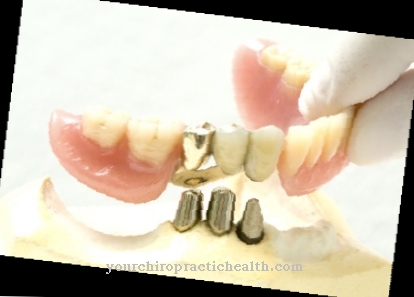
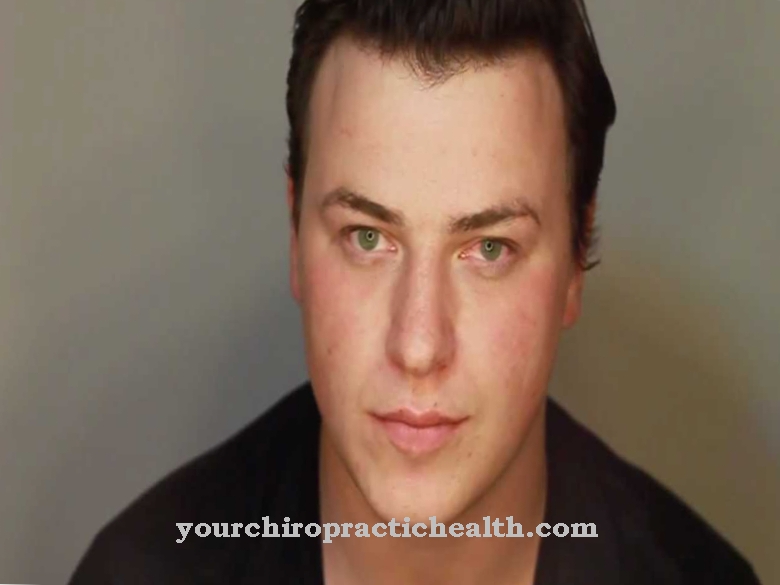

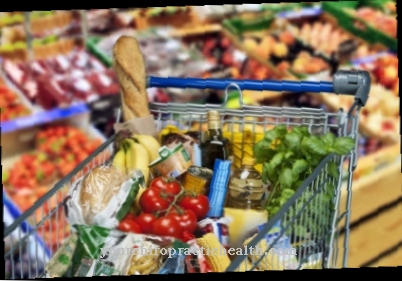

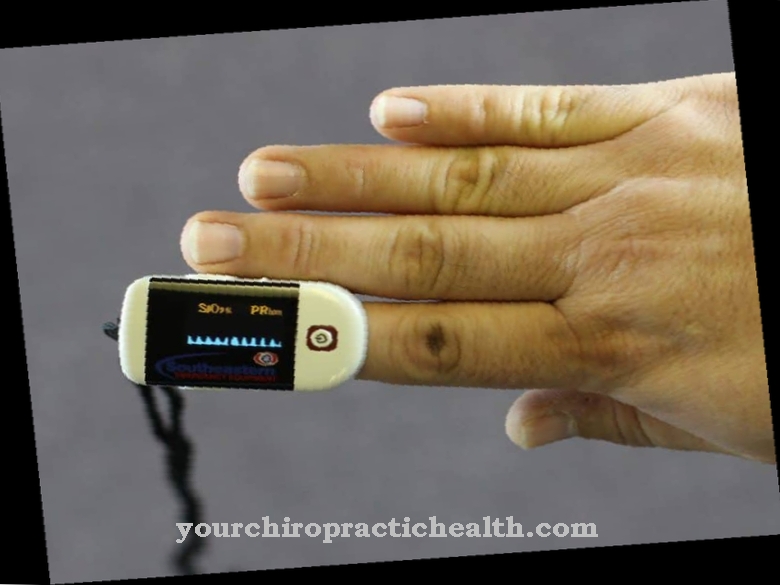
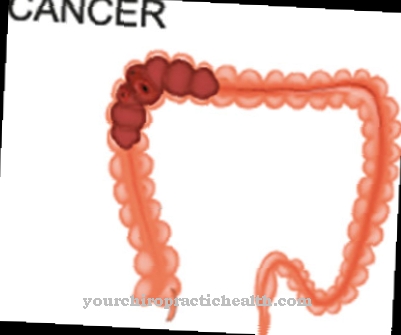
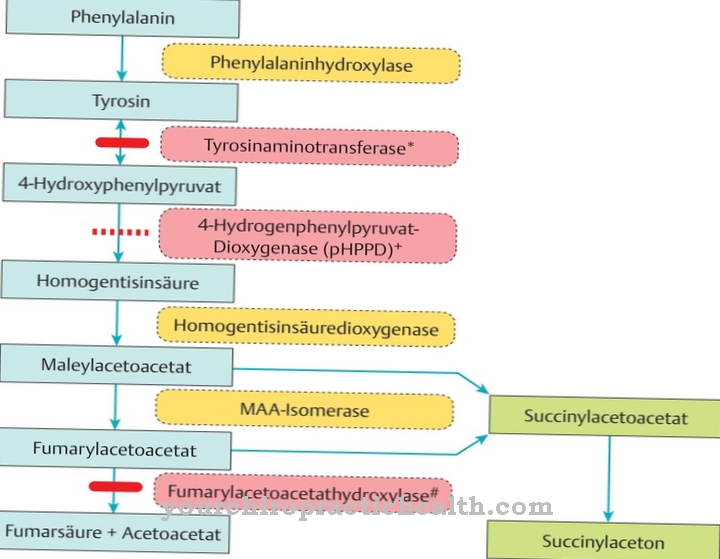
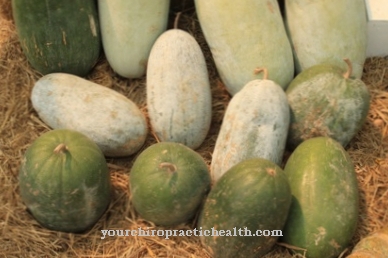
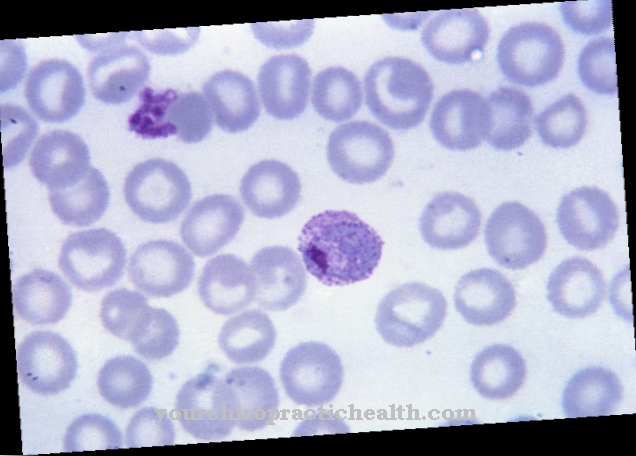


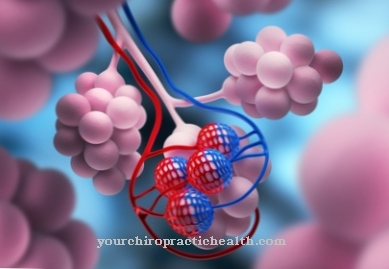

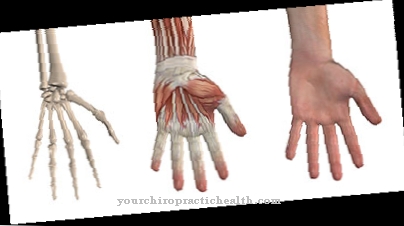

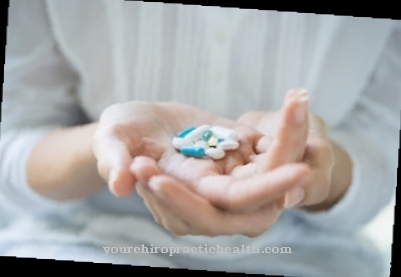

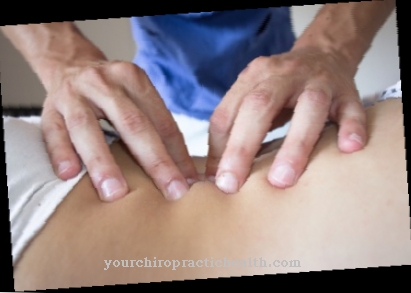

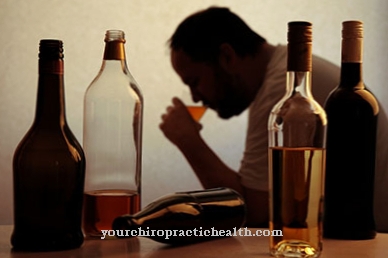
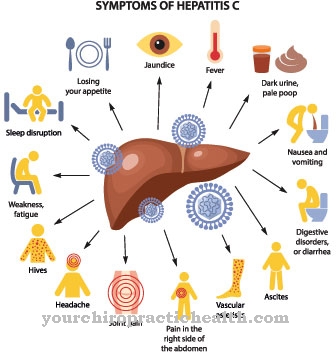
.jpg)


